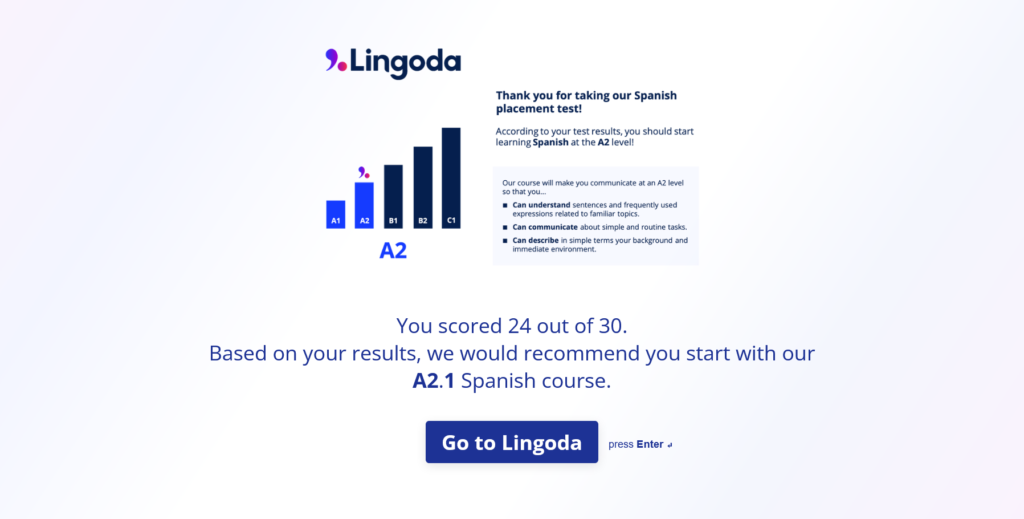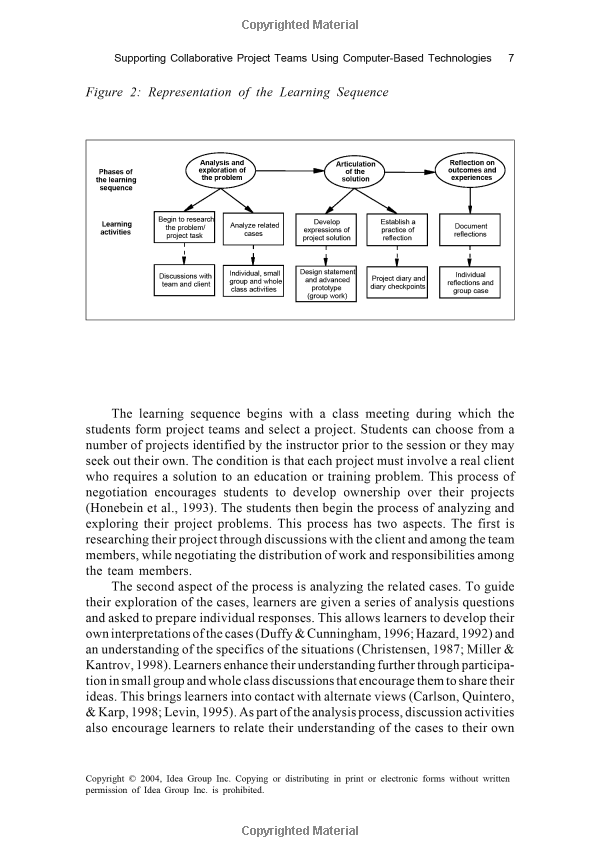In today's fast-paced academic world, online learning has become an increasingly popular and viable option for students of different ages and backgrounds. With the evolution of technology, the accessibility to education has broadened, and online platforms are offering a wide range of courses and programs to cater to the needs of learners worldwide. In this essay, we will explore the numerous advantages of online learning.
First and foremost, online learning offers flexibility and convenience. The traditional classroom setting often restricts students to a specific time and place for their studies. However, with online learning, students can access educational materials at their own convenience. They can log in to their courses at any time of the day, from any location, and study according to their own schedules. This flexibility allows students to balance their studies with other responsibilities like work or family, enabling them to pursue education without any hindrance.
Moreover, online learning provides a wide range of resources and courses. Online platforms offer courses in various subjects, from different fields, at different levels. This variety allows students to choose courses that align with their interests and career goals. They can select courses from prestigious universities and institutions worldwide, without having to relocate or compromise on their choices. Furthermore, online resources like videos, podcasts, and interactive simulations enhance the learning experience and help students understand complex concepts easily.
Another advantage of online learning is personalized attention. Online courses often provide personalized learning experiences, catering to the needs of individual students. With personalized learning paths and feedback systems, students can receive guidance and support tailored to their learning styles and progress. This personalized attention helps students overcome challenges and improve their skills effectively.
Furthermore, online learning is cost-effective. The cost of pursuing higher education has been increasing steadily, making it difficult for many students to afford. However, online courses offer an affordable alternative to traditional education. With lower tuition fees and no additional expenses like commuting or accommodation, online learning provides an economical option for students.
Moreover, online learning fosters self-discipline and self-motivation. The autonomous learning environment of online courses encourages students to develop self-discipline and learn independently. They are responsible for managing their own learning, setting goals, and tracking their progress. This self-driven approach to learning helps students develop valuable skills like time management, problem-solving, and critical thinking, which are crucial for their future success.
Additionally, online learning bridges the gap in access to education. With the internet connecting people across the globe, online learning has the potential to bridge the gap between different regions and cultures. Students from remote areas or underdeveloped nations can access quality education through online platforms, irrespective of their geographical location or financial constraints. This accessibility of education helps in promoting inclusivity and equality in education.
However, it is important to note that online learning also has its own challenges like technical issues or lack of face-to-face interaction. However, with the evolution of technology and improved systems, these challenges are being addressed effectively.
In conclusion, online learning offers numerous advantages that cater to the needs of different students and learners. From flexibility and convenience to cost-effectiveness and self-driven learning, online courses provide an excellent alternative to traditional education. With the evolution of technology, online learning is here to stay and revolutionize the way we learn and pursue education.
In addition to the advantages mentioned above, there are several other benefits of online learning that are worth mentioning. Firstly, it provides a safe and secure environment for learning. Online courses offer a secure platform for students to access educational materials and interact with peers and teachers without any fear of physical harm or discrimination. This ensures that every student can learn in a safe environment without any external interference or harassment.
Secondly, online learning is accessible anytime and anywhere. With a reliable internet connection, students can access their courses from any device like computers, laptops, tablets or smartphones. This allows them to continue their learning even when they are traveling or away from their homes or libraries. The ability to access education anytime and anywhere promotes continuous learning and helps students stay updated with the latest knowledge and trends in their fields of study.
Thirdly, online learning fosters collaboration and interaction among learners. Online platforms provide various tools like discussion forums, chat rooms or video conferencing facilities that encourage learners to interact with each other and share their knowledge and experiences. This interaction not only helps in understanding complex concepts but also builds a community of learners who support each other and share resources.
Fourthly, online learning helps in developing digital literacy skills. With the increasing dependence on technology in our daily lives, it is crucial to develop digital literacy skills that help us navigate the digital world effectively. Online courses provide opportunities for students to develop these skills as they learn to use various digital tools like e-books, online libraries or digital simulations for their studies.
Lastly, online learning is adaptable to individual needs and preferences. With a wide range of courses and resources available online, students can tailor their learning experiences according to their interests, needs or











 京公网安备11000000000001号
京公网安备11000000000001号 京ICP备11000001号
京ICP备11000001号